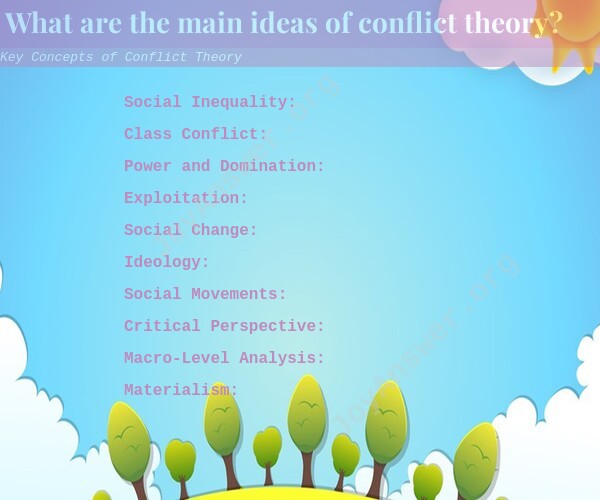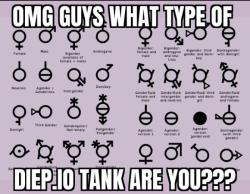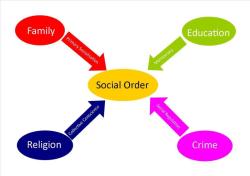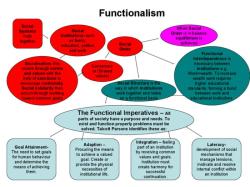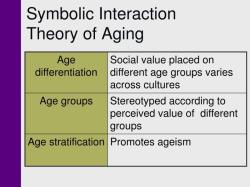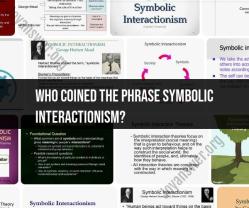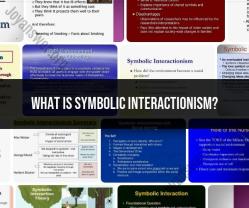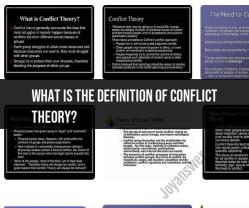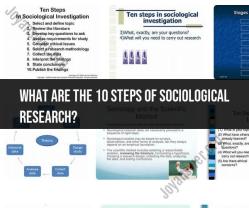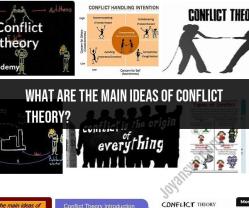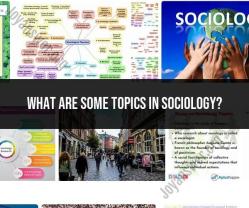What are the main ideas of conflict theory?
Conflict theory is a sociological perspective that views society as characterized by various forms of inequality and social conflict. It focuses on the competition for limited resources and the ways in which power and social structures perpetuate inequality. Here are some key concepts and main ideas associated with conflict theory:
Social Inequality: Conflict theory highlights the existence of social inequality, emphasizing disparities in wealth, power, and resources. It suggests that society is divided into different social classes, and these classes have conflicting interests.
Class Conflict: One of the central ideas is the concept of class conflict, which asserts that society is divided into different social classes, such as the bourgeoisie (owners of the means of production) and the proletariat (working class). These classes are in constant struggle over resources and power.
Power and Domination: Conflict theorists emphasize the role of power in society. They argue that those who hold power use it to maintain control and protect their interests, often at the expense of less powerful groups.
Exploitation: Conflict theory highlights the exploitation of one group by another, particularly in economic contexts. The working class is often seen as being exploited by the capitalist class, who profit from the labor of workers.
Social Change: Conflict theorists believe that social change is driven by conflict and struggle. Changes in society occur when marginalized or oppressed groups organize and challenge existing power structures.
Ideology: Conflict theorists also examine how ideologies (beliefs and values) serve to legitimize and justify the existing social order. They argue that dominant ideologies often serve the interests of the ruling class.
Social Movements: Conflict theory emphasizes the role of social movements in challenging inequality and advocating for change. Movements for civil rights, labor rights, and gender equality are seen as examples of collective action against oppression.
Critical Perspective: Conflict theory takes a critical stance toward society, aiming to uncover hidden power dynamics and expose social injustices. It questions the status quo and seeks to bring about social transformation.
Macro-Level Analysis: Conflict theory typically focuses on large-scale societal issues and structures rather than individual behaviors. It examines how social institutions, such as education, politics, and the economy, contribute to inequality.
Materialism: Conflict theorists often emphasize the material aspects of society, such as economic relationships and resource distribution, as central to understanding social conflict.
It's important to note that conflict theory is one of several sociological perspectives, and not all sociologists subscribe to its views. While it provides valuable insights into understanding social inequality and societal conflicts, it is just one lens through which to analyze and interpret social phenomena.
